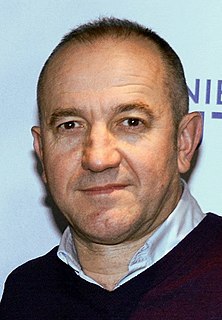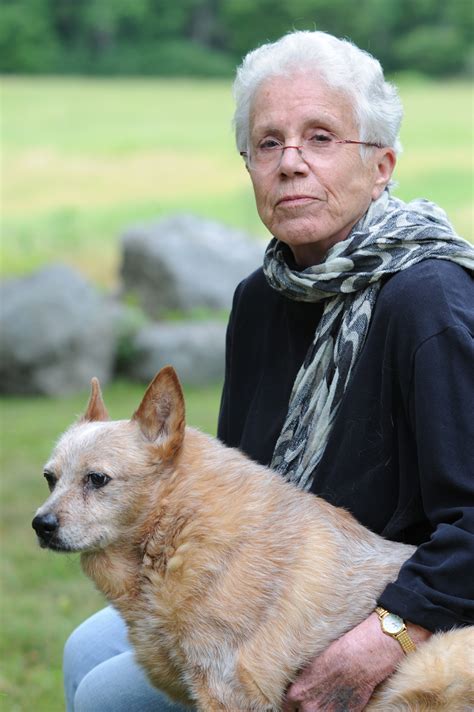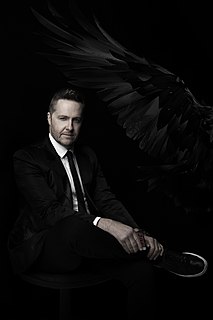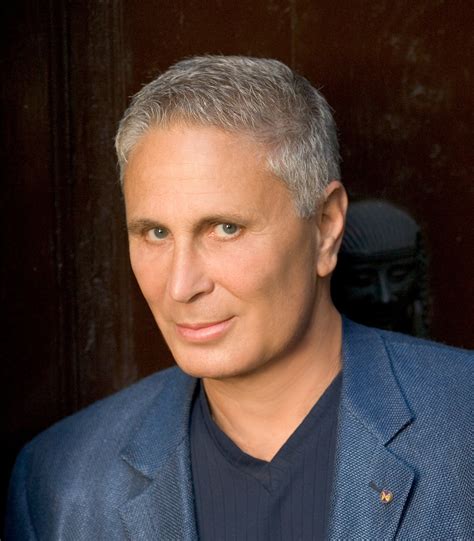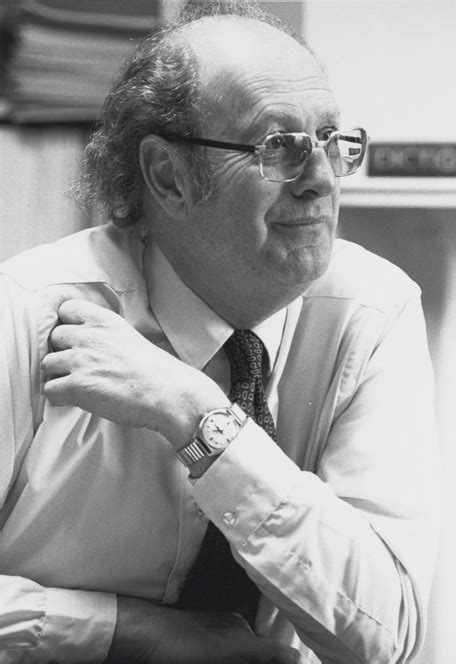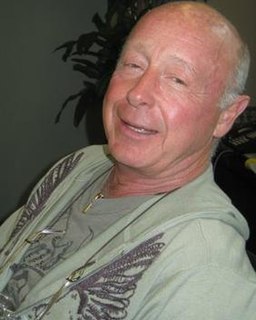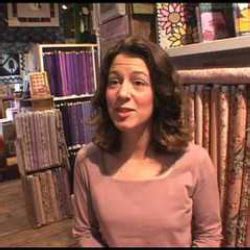A Quote by Philippe Claudel
I'm not imprisoned in any one medium. In films I use techniques that are not necessarily what other directors attempt. When I write novels I also use techniques which can run counter to those that a novelist would use.
Related Quotes
Different directors have different techniques in the use of films. Cronenberg is very different in the way he works with film, and how he takes the audience into his films is different than how Peter Jackson would do that or Jon Stewart. So, if you go between those artists, you shift gears and you kind of fall into the working method of that film.
The difference does not lie in the things that news does that novels do not do, but in the things that novels do that news cannot do. In other words, this basic technique of news - just one among many - is something a novel can use, but a novel can deploy a multitude of other techniques also. Novels are not bound by the rules of reportage. Far from it. They're predicated on delivering experience.
The good things at the U.S. health care system are that we have a well-trained labor force, particularly physicians; I don't think any nation trains doctors better. We have the latest technology, simply because we throw so much money at it. We are really technology-hungry in this country. That's a good thing. Our system more treats patients like customers, which is a good thing; that it's very customer-friendly. And it's very innovative, both in the products we use, in the techniques we use and the organizational structures we use. Those are all very good things, highly competitive.
For being able to use language was a critical skill that could carry one far. One could use it professionally, as a crafter of everything from political speeches to modern novels. One could use it personally, as a tool of discovery or a means of staying connected to others. One could use it as an outlet that would feed the artistic spirit of the creator, which existed in everyone.
